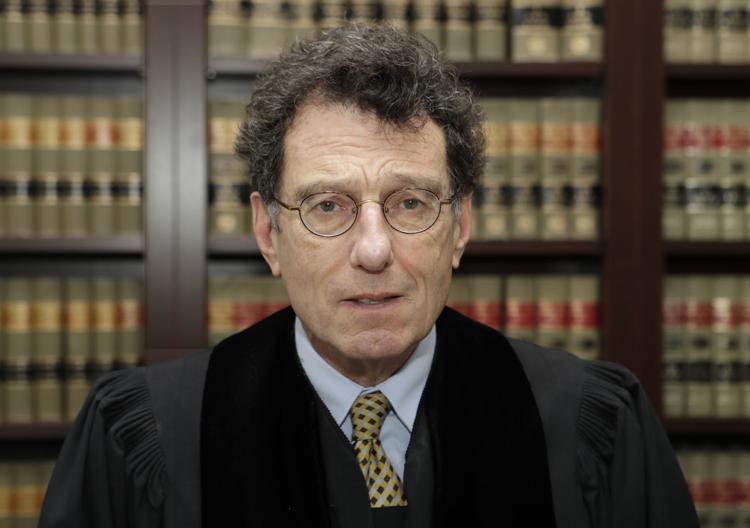
The ink was barely dry on the 1970s laws creating the EPA, OSHA and other new federal agencies overseeing business activities when a counterattack began. For the past four decades, there has been an endless drumbeat of claims about the supposedly pernicious effects of regulation and continuous calls for weakening or eliminating rules.
This ongoing anti-regulatory campaign lets up only when a major incident – such as a massive oil spill or fatal industrial explosion – contradicts the argument that things would be fine if we let corporations manage their affairs with as little interference as possible. As soon as the uproar dies down, business apologists return to their customary posture, in the same way that the NRA handles mass shootings.
We are now in another of those periods, but with a significant difference. Instead of a single situation reminding us of the value of regulation, we now have multiple scandals at the same time.
It’s been clear for quite a while that reckless behavior by opioid producers and distributors – along with insufficient oversight by the FDA and DEA — was largely responsible for many thousands of overdose deaths. The industry has been hit with a wave of lawsuits and is now beginning to pay out billions of dollars in settlements.
It’s becoming clearer by the day that it was a monumental error for the FAA to cede oversight of the development of Boeing’s 737 Max to the company itself. Newly disclosed internal corporate documents indicate that Boeing was aware of safety problems with the plane and downplayed the risks in communicating with the agency.
It’s become apparent that Juul exploited the permissive approach of the FDA and marketed its vaping products not only to adult tobacco smokers trying to quit but also to young people, hooking many of them on nicotine for the first time. Now those young people are caught up in an epidemic of lung ailments linked to vaping.
The widespread wildfires in California are attributed in part to faulty transmission lines that PG&E has not adequately repaired and upgraded. Now the company is trying to mitigate the longstanding problem by imposing frequent blackouts on millions of customers.
Tech companies such as Amazon have taken advantage of weak antitrust enforcement to expand their dominance in a growing number of markets, forcing smaller companies into subservience or putting them out of business.
How many examples of corporate misconduct and feeble government oversight will it take to get across the message that in the vast majority of cases the problem is not overregulation but underregulation?
One significant obstacle is Donald Trump, who has embraced deregulation and likes to claim that weakening oversight, especially at the EPA, will promote job growth and prosperity. At a time when many large corporations are taking a more nuanced approach to social responsibility issues, Trump is touting crude anti-regulatory positions and climate-change denialism. In its latest move, the Trump EPA is reportedly planning to roll back an Obama-era regulation limiting emissions of heavy metals like arsenic, lead and mercury from coal-fired power plants.
Fortunately, many of Trump’s regulatory rollbacks are carried out in an inept way and get tied up in court. Yet the administration could still end up doing significant damage, if only in fostering the distorted idea that regulation-bashing is a populist position rather than a central part of the corporate agenda.




You must be logged in to post a comment.